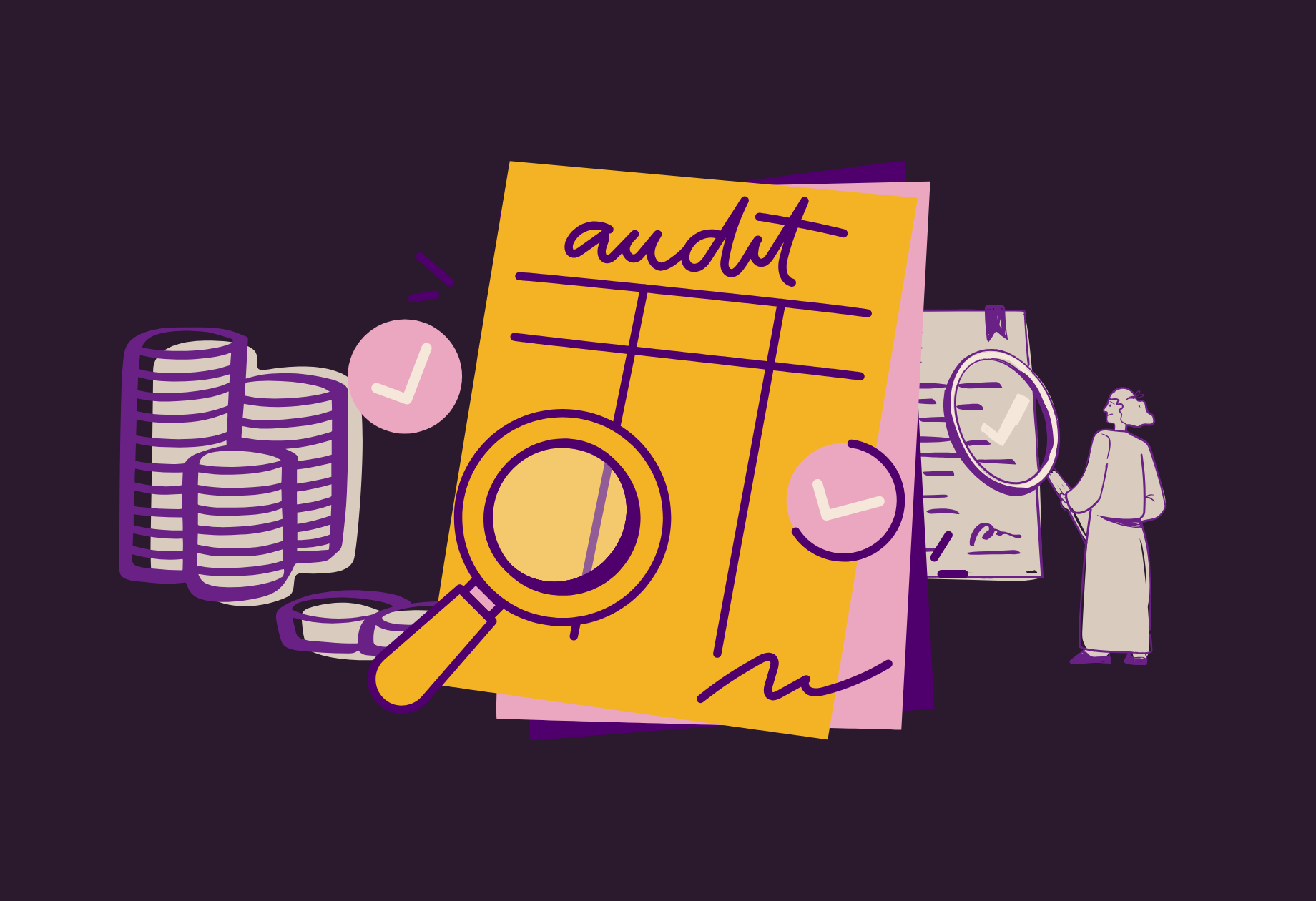For many nonprofit leaders, receiving the annual financial statement audit report can feel like opening a complex book written in accounting jargon. But understanding this report is essential—it’s not just a compliance requirement; it’s a powerful tool for transparency, accountability, and strategic decision-making.
What Is an Audit Report?
An audit report is the formal opinion issued by an independent auditor after reviewing your organization’s financial statements. It assesses whether your financials are presented fairly and in accordance with generally accepted accounting principles (GAAP). For nonprofits, this report is often required by funders, regulators, and boards to ensure financial integrity.
Key Components to Know
Auditor’s Opinion:
This is the heart of the report. A clean or unmodified opinion means your financial statements are free from material misstatements. A qualified, adverse, or disclaimer of opinion signals issues that may need attention.
Financial Statements:
These include the Statement of Financial Position (balance sheet), Statement of Activities, Statement of Cash Flows, and Statement of Functional Expenses. Together, they show your organization’s financial health, performance, and how resources are used.
Notes to the Financial Statements:
These provide context—explaining accounting policies, commitments, contingencies, and other details that help readers understand the numbers.
Management Letter (if provided):
This optional document highlights internal control weaknesses or operational inefficiencies that the auditor observed during the audit.
Why It Matters
Understanding your audit report helps you:
- Build trust with donors and stakeholders
- Identify areas for financial improvement
- Strengthen internal controls
- Support strategic planning and budgeting
Tips for Nonprofit Leaders
Engage with your auditor:
Ask questions during the audit process and after receiving the report.
Educate your board:
Ensure board members understand the audit findings and implications.
Use the report proactively:
Don’t just file it away—use it to improve financial practices and demonstrate accountability.
An audit report isn’t just a formality—it’s a reflection of your organization’s commitment to transparency and stewardship. By understanding its contents, you empower your nonprofit to thrive financially and fulfill its mission with confidence.



